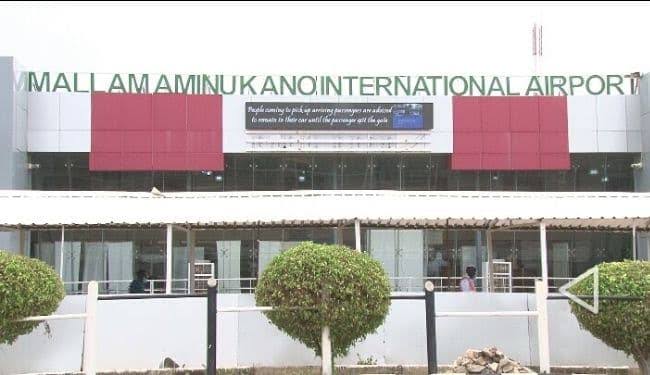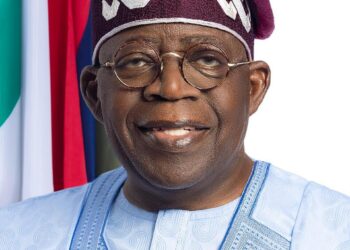The Malam Aminu Kano International Airport (MAKIA) has entered its 100th year of aviation operations, with the Federal Airports Authority of Nigeria (FAAN) reaffirming the airport’s historic and commercial significance to Nigeria’s aviation landscape.
The centennial event, held on Thursday in Kano, highlighted the evolution of air travel in the region since the first aircraft landed in the ancient city on Nov. 1, 1925—an event that positioned Kano as one of West Africa’s earliest aviation gateways.
FAAN’s Managing Director and CEO, Mrs. Olubunmi Kuku—represented by the Kano Regional Manager, Alhaji Musa Okikiri—described the milestone as a celebration of “a legacy that helped shape Nigeria’s transportation and economic trajectory.” She noted that Kano’s long-standing reputation as a hub for trade, culture, and trans-Saharan commerce made it a natural starting point for early aviation activities in the country.
The Director of Studies, Nigerian Aviation, and Programme Director of the ceremony, Mr. Tayo Ajuri, said Kano’s role in aviation over the past century reflects consistency in connectivity, commercial relevance, and industry expansion. He added that the airport has over the years attracted international airlines, generated investment interests, and supported regional economic integration.
The ceremony featured exhibitions, goodwill messages, and cultural displays that traced the growth of aviation in Northern Nigeria and MAKIA’s contribution to national and regional mobility.
The centenary celebration drew key stakeholders from across the country, including the Managing Director of the News Agency of Nigeria (NAN), Malam Ali M. Ali, represented by the Kano State Correspondent/Editor, Alhaji Aminu Garko, as well as academicians and students from Air Force Secondary School and Government Secondary School Ginginyu.
The event also underscored ongoing conversations around upgrading the airport’s infrastructure and enhancing its competitiveness, as stakeholders emphasised the need for renewed investments to position MAKIA for the next century of aviation operations.





